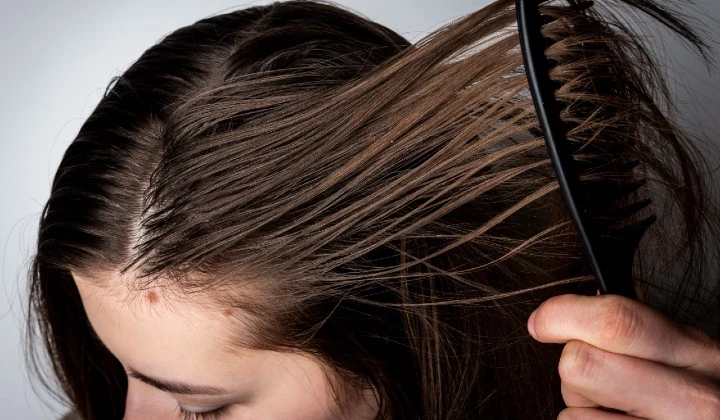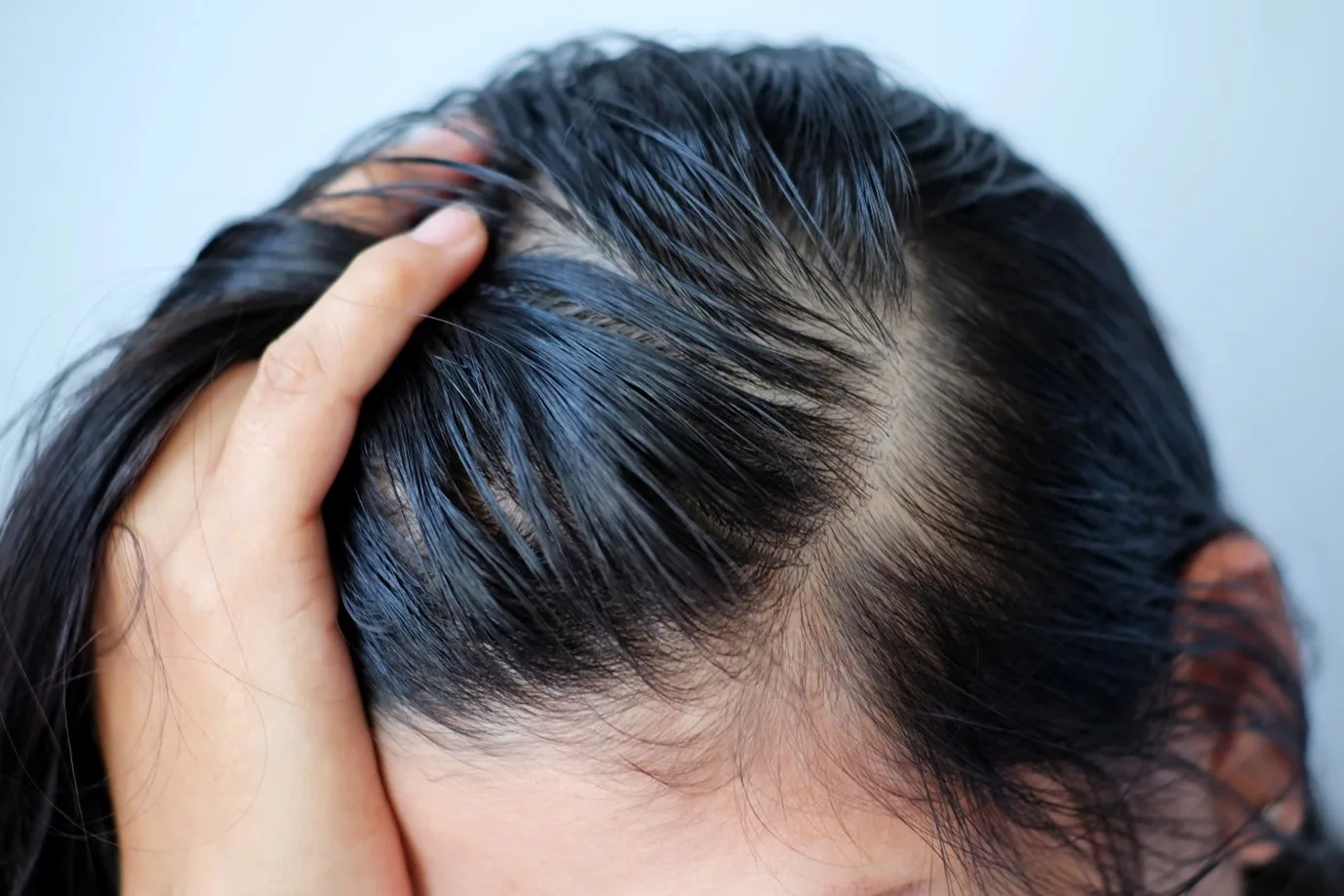An oily scalp is a common issue that occurs when the sebaceous glands in the scalp produce excess sebum, the natural oil that protects the skin. This condition can lead to a range of discomforts including greasiness, clogged hair follicles, and dandruff. Some individuals may experience irritation, itchiness, or even hair thinning due to an imbalance in the scalp’s oil production. Managing and treating this condition requires targeted approaches to balance the scalp’s oil production and alleviate related symptoms. lets delve into Dermatologist Dubai.
What Causes Oily Scalp Conditions?
The causes of an oily scalp can vary greatly among individuals. In many cases, genetics play a significant role, influencing how much oil the sebaceous glands produce. Hormonal fluctuations, stress, diet, or even excessive use of hair care products can also contribute to an overproduction of oil. Additionally, certain environmental factors, like humidity or heat, can further aggravate this condition, making it more noticeable or harder to control. Identifying the underlying cause is crucial to finding effective treatments for oily scalp issues.
Dermatologists’ Role in Treating Oily Scalp Conditions
Dermatologists are specialists in skin, hair, and nail health. They are trained to diagnose and treat a variety of conditions that affect the scalp, including oily scalp issues. These professionals use their expertise to understand the root cause of an oily scalp and recommend tailored treatment plans based on an individual’s specific needs. Their approach may include clinical treatments, lifestyle modifications, and personalized scalp care routines.

How Dermatologists Diagnose Oily Scalp Conditions
When visiting a dermatologist for oily scalp concerns, the first step typically involves a thorough examination. The dermatologist will assess the scalp’s appearance, texture, and overall health. In some cases, additional tests, such as blood work or a scalp biopsy, may be conducted to rule out underlying health issues. This comprehensive assessment helps dermatologists identify whether the condition is linked to factors like hormonal imbalances, seborrheic dermatitis, or other scalp disorders that mimic oily scalp symptoms.
Treatment Approaches Used by Dermatologists
Once the diagnosis is established, dermatologists offer a variety of treatment options based on the severity and nature of the oily scalp. One common treatment is topical therapies, which may include medicated shampoos, solutions, or lotions designed to regulate oil production. These treatments often contain active ingredients such as salicylic acid or ketoconazole, which work to reduce oil build-up, treat dandruff, or address any scalp inflammation. In some cases, dermatologists may recommend oral medications or topical antibiotics if there is an underlying infection contributing to the oil production. For more severe cases, procedures like light therapy or scalp micro-needling might be suggested to reduce oil secretion and stimulate healthy scalp regeneration.
Customized Treatment Plans for Oily Scalp
Dermatologists are known for tailoring treatment plans to suit each individual’s needs. Since oily scalp conditions can vary from one person to another, a personalized approach ensures the most effective solution. This often involves taking into account factors such as the person’s age, lifestyle, diet, and overall scalp health. A treatment plan might involve a combination of products and interventions, which dermatologists adjust over time as the scalp’s condition improves.
Lifestyle Modifications to Support Treatment
Alongside clinical treatments, dermatologists often advise making certain lifestyle changes to help manage oily scalp conditions. A balanced diet with reduced intake of greasy foods and increased hydration can support scalp health. Additionally, managing stress and maintaining a consistent hair care routine, such as washing hair with mild cleansers, can reduce the excess oil production. Incorporating these lifestyle changes can complement the dermatologist’s treatment plan, leading to more sustained improvements and healthier scalp conditions in the long run.

Key Factors to Consider When Seeking Treatment for Oily Scalp
When seeking treatment for an oily scalp, it’s important to consider a few key factors. First, the experience and expertise of the dermatologist in handling scalp disorders are critical. A dermatologist specializing in hair and scalp conditions will have a deeper understanding of the various factors that contribute to oily scalp problems. Another factor to consider is the diagnostic approach used by the dermatologist. An in-depth and accurate diagnosis ensures that the right treatment strategy is developed. Dermatologists who take a holistic approach and consider both medical and lifestyle factors will likely provide the most effective care.
Importance of Professional Care
While over-the-counter products may offer temporary relief from oily scalp conditions, professional care from a dermatologist is vital for long-term management. Best Dermatologist in Dubai have access to advanced treatment options that are often not available in general retail. Their expertise ensures that treatments are targeted, effective, and safe for each individual. A dermatologist’s professional care can prevent the condition from worsening and reduce the risk of developing other scalp conditions such as hair loss or scalp infections. Consulting with a dermatologist provides individuals with the best chance to regain control over their scalp health and achieve a more balanced, comfortable scalp environment.
The Future of Oily Scalp Treatment
As research continues to advance, the treatment options for oily scalp conditions are becoming more diverse and effective. Dermatologists stay up-to-date with the latest developments in scalp care and may incorporate new treatments into their practice as they become available. This ongoing innovation ensures that individuals with oily scalps will continue to have access to cutting-edge solutions tailored to their needs.
Conclusion
Oily scalp conditions are a common but manageable issue, and the expertise of a dermatologist plays a crucial role in effectively treating and managing this condition. By working with a dermatologist, individuals can receive personalized care, accurate diagnoses, and a range of treatment options designed to address the root causes of their oily scalp. Through a combination of clinical treatments and lifestyle modifications, dermatologists offer lasting solutions to improve scalp health and overall well-being.
